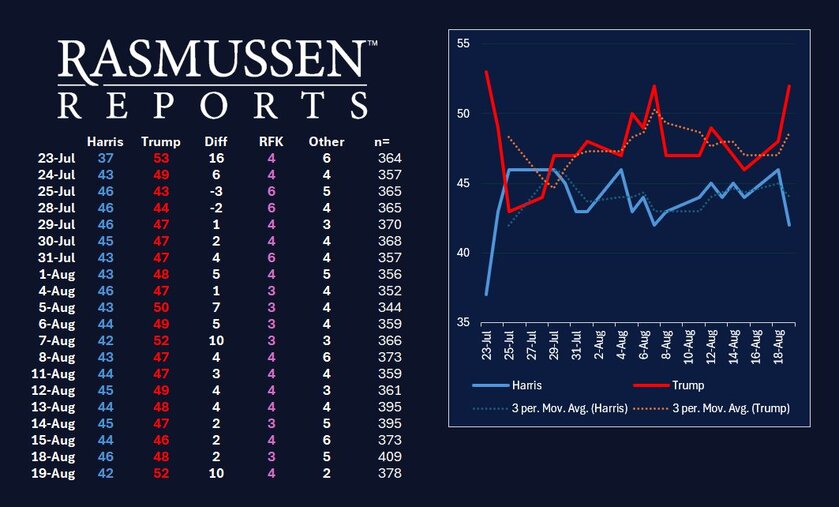In the latest analysis of polling data from Rasmussen Reports, some crucial insights emerged that could shape the upcoming election. Mark Mitchell from Rasmussen highlighted how the issues driving voter sentiment in the top swing states align closely with the GOP’s platform, offering Donald Trump a clear path forward. Meanwhile, Kamala Harris’s polling numbers appear to have flattened, presenting both a challenge for her campaign and an opportunity for Trump.
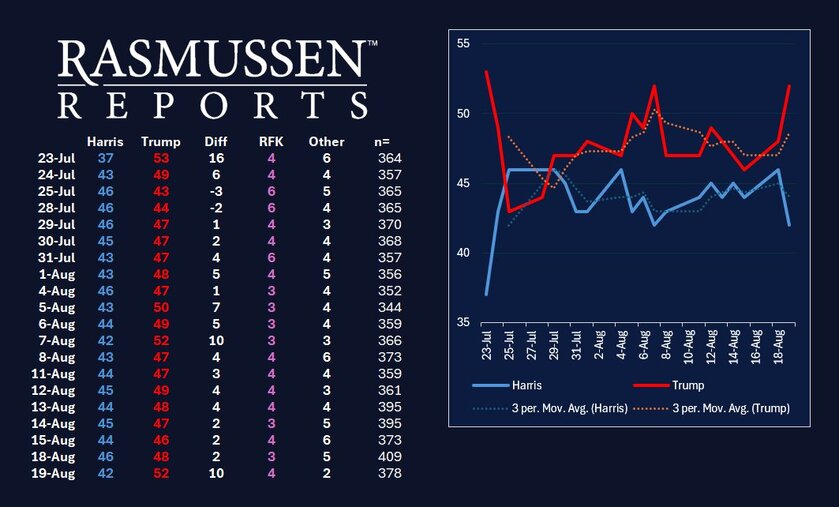
Swing States and the GOP Advantage
Mitchell's analysis focused on several key swing states—Arizona, Michigan, Nevada, Pennsylvania, and Wisconsin—that will play a pivotal role in the election. These states are highly competitive, but the top issues for voters in these regions align well with the GOP’s strengths:
Economy: The economy remains the top concern across all swing states. For example, in Nevada, 71% of voters consider the economy a very important issue. This focus on economic concerns provides Trump with a solid platform, as economic growth and job creation are central to his campaign.
Illegal Immigration: Immigration is another critical issue, particularly in states like Wisconsin, where border security is the number one concern among undecided voters. The GOP’s strong stance on immigration and border security could help sway these voters toward Trump.
Crime: Violent crime also ranks as a major concern, especially among undecided voters. In Wisconsin, crime is a key issue that could influence voter decisions, and Trump’s law-and-order message could resonate strongly in these areas.
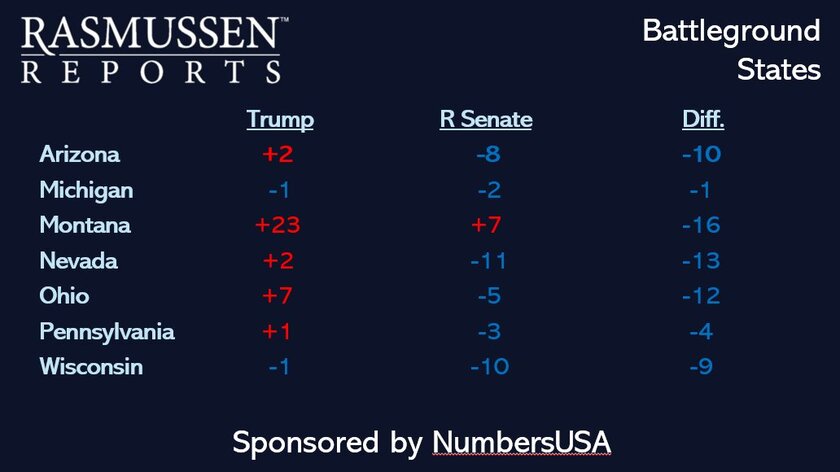
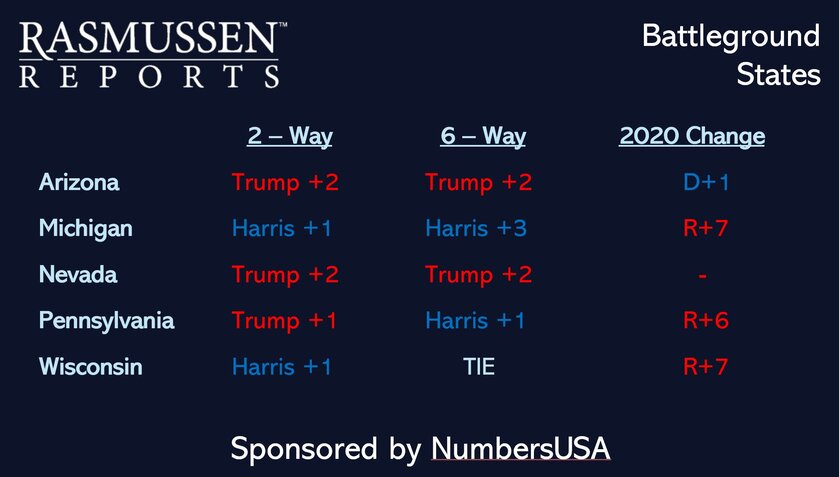
Kamala Harris’s Numbers Flatten
While these key issues favor the GOP, Kamala Harris’s polling numbers have shown signs of flattening. Despite some early gains, her support has remained steady at around 45%. This suggests that her campaign may be struggling to maintain momentum, giving Trump an opportunity to capitalize on voter concerns that align more closely with his platform.
What This Means for Trump
The alignment of these top issues—economy, immigration, and crime—with the GOP’s platform suggests that Donald Trump has a strong foundation to build on in these crucial swing states. With Harris’s numbers leveling off, Trump can gain an edge by focusing his campaign on the issues that matter most to voters.
Strategy Moving Forward
For Trump to maximize his chances of winning these key states, his campaign should:
Emphasize Economic Policies: With the economy being the top concern, Trump should highlight his past economic successes and present clear plans for future growth, particularly in areas hit hard by economic challenges.
Strengthen Immigration Messaging: Given the importance of border security, especially in states like Wisconsin, Trump should double down on his immigration policies, emphasizing how his approach will secure the borders and protect American jobs.
Address Crime Concerns: Crime is a significant issue for undecided voters, and Trump can appeal to these voters by presenting strong law-and-order policies that promise to reduce crime and increase safety in their communities.
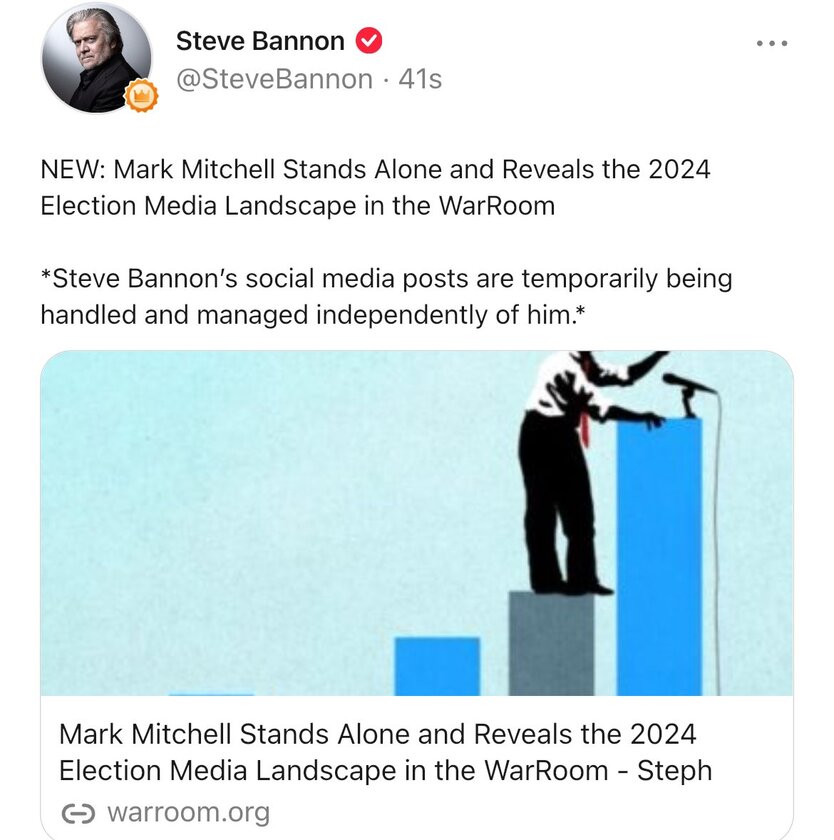
Final Thoughts
The alignment of voter concerns with the GOP’s key issues, coupled with Kamala Harris’s flattening numbers, offers Trump a clear path to success in the upcoming election. By focusing his campaign on the economy, immigration, and crime, Trump can potentially secure the support he needs in these crucial swing states. If he stays on message and addresses the concerns that matter most to voters, he should be in a strong position to win these battlegrounds and, ultimately, the election.
